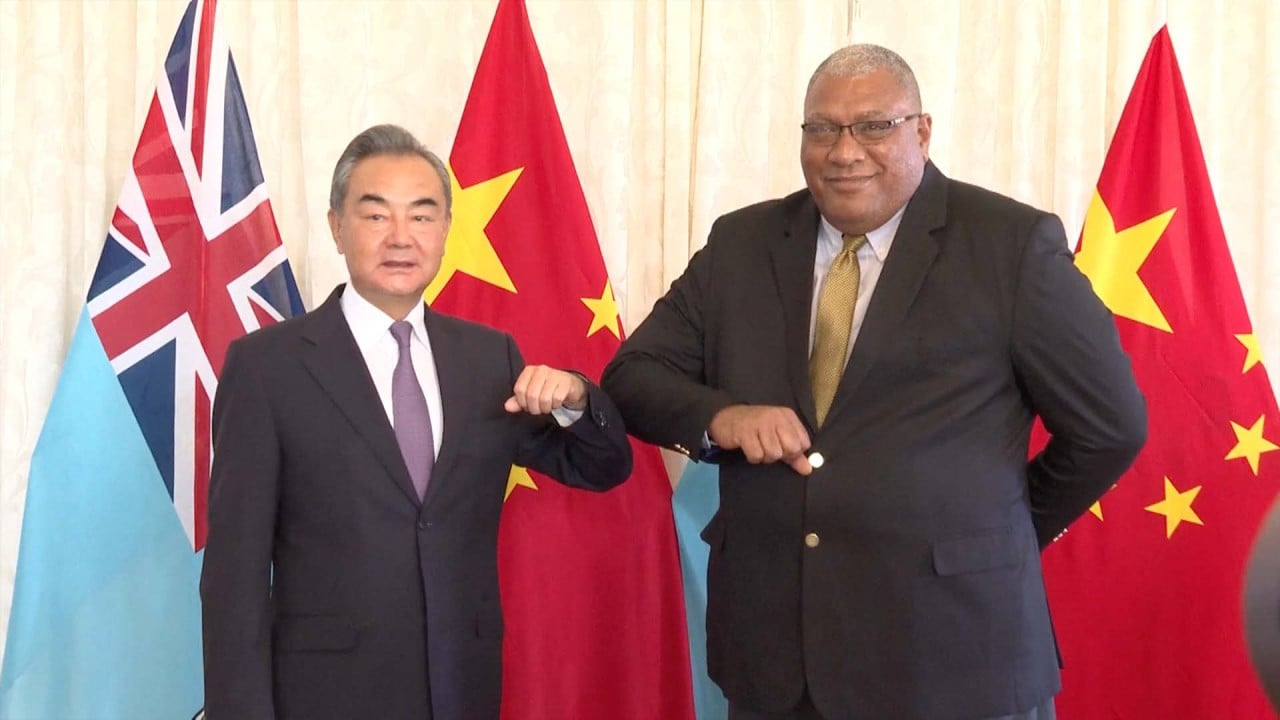
Chinese lending dips to new low in the Pacific Islands: report
- As government revenues decline, China has reined in development financing
- Beijing is shifting priorities as needs for development aid hit ‘all-time high’, expert says
China’s reopening will boost Asia-Pacific ESG funds market, analysts say
“This mainly reflects a fall in loans – likely because of limited absorption capacity and lower cost options from other development partners,” the report said, adding that the trend probably continued in 2021.
“After two years of [Covid-19] border closures, limited tax revenues and high government expenditure, fiscal space has shrunk. Rising debt sustainability worries have led Pacific countries to seek low-cost concessional financing, most often from traditional partners or multilateral agencies,” it said.
The Pacific Aid Map is a database covering 67 donors and tens of thousands of aid projects in 14 Pacific island sovereign nations, excluding the French territories of New Caledonia and French Polynesia.
“Beijing’s foreign support lacked in amplitude and relevance” because China was not able to adjust to the needs of Pacific governments to ensure public services and provide national support to hard-hit businesses during Covid-19, the report said.
“With declining government revenues, the priority shifted away from long-term development projects – such as infrastructure – towards crisis response,” it said.
The think tank said that China was likely “refining its engagement and targeting efforts to reduce risk and increase returns, both strategic and economic”.
Separately, a Boston University report released last week found that globally, China committed to lending a total of US$10.5 billion across 28 new agreements in 2020 and 2021, the lowest in recent years.
The report said that according to China’s overseas development finance database, the country’s development finance institutions have been among the most active in the world in recent years.
The report found that Chinese development finance institutions committed US$498 billion in overseas lending from 2008 to 2021, compared to US$601 billion lent by the World Bank during the same period.
Australia eyes more sea mines for maritime defence amid China’s sway in Pacific
Kevin P Gallagher, director of the Boston University Global Development Policy Centre, said the need for development finance was at an “all-time high” because of global financial instability, climate change and the pandemic.
He said it was “concerning” that China and host countries currently had less conducive conditions for large amounts of development finance compared with a decade ago.



